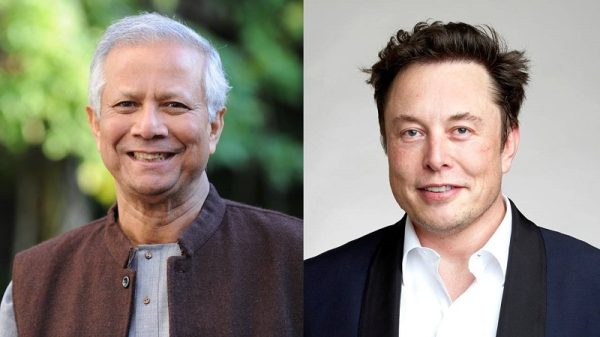Is coffee good for health? Nutritionist Chowdhury Tasneem Hasin explains

- Update Time : Friday, 5 January, 2024, 05:59 pm
- 88 Time View

Online Desk: Coffee! Most of us cannot start our day without it. It seems like a cup of coffee is just what we need to wake us up and start our day. We even lean towards a cup when we need a little energy boost in the middle of the day. After speaking to Chowdhury Tasneem Hasin, the Chief Clinical Dietician and Head of the Department of Dietetics and Nutrition at United Hospital, who also serves as an advisor to the Bangladesh Food and Nutrition Association, we found out the myriad ways coffee affects our body and health.
The health benefits of coffee
Coffee has caffeine which helps us stay energised. Dr Hasin explains that the caffeine from the coffee that we take in goes straight to our central nervous system, which helps the brain get rid of fatigue and hence gives us an energy boost.
She added, “Coffee also has antioxidants which help with anti-ageing. Coffee can also help those who suffer from depression due to the release of dopamine.”
This feeling of being happier or more energetic is what makes one go back to drinking coffee regularly and is what makes coffee addictive.
How much coffee is too much coffee?
When asked how much coffee can an average person consume per day, Hasin replied, “A maximum of 2 cups (400mg) of coffee is recommended for an average adult, however, this is ideal for the western body.”
She further adds that for an average Bangladeshi, 3-4 tsp of powdered coffee is ideal for consumption in one day, however, she would not recommend one to have coffee with their main meals throughout the day as that reduces the absorption of iron and calcium.
What is the role of coffee in helping one stay awake?
To this question, Hasin said, “Coffee is absorbed by the brain very quickly and agitates the brain.” This agitation can block the sleep-promoting receptors in one’s brain causing a person to stay awake after consuming coffee.
It is widely believed that tea is a substitute for coffee. However, that is not the case and Hasin explains how and why. Coffee is more addictive and makes one more energised and helps keep dopamine levels high. On the other hand, tea is less addictive, makes one feel more alert and is lighter on the brain.
Relationship between coffee and weight loss
Yes! Coffee can help with weight loss as it helps boost a person’s metabolism. This helps a person lose weight as the food is being processed faster and not being stored in the body.
The myth of coffee causing acne
Hasin disagrees with this myth and says that there is no relationship between coffee and acne.
She explains, “In fact, coffee is good for the skin as it contains antioxidants. This is why coffee facials and scrubs are so popular these days. However, a polycystic ovarian syndrome (PCOS) patient should not drink coffee during periods as certain hormonal reactions can cause acne at that time.”
Hasin further mentions that if a person is taking too much coffee and is not sleeping enough because of that, the lack of sleep can cause acne, but coffee does not directly cause acne.
Coffee and cardiac health
According to Hasin, coffee increases brain stimulation; it increases blood pressure as the brain needs more blood. This can make a cardiac patient feel unwell. Hasin also adds that people with anaemia should have less coffee.
















